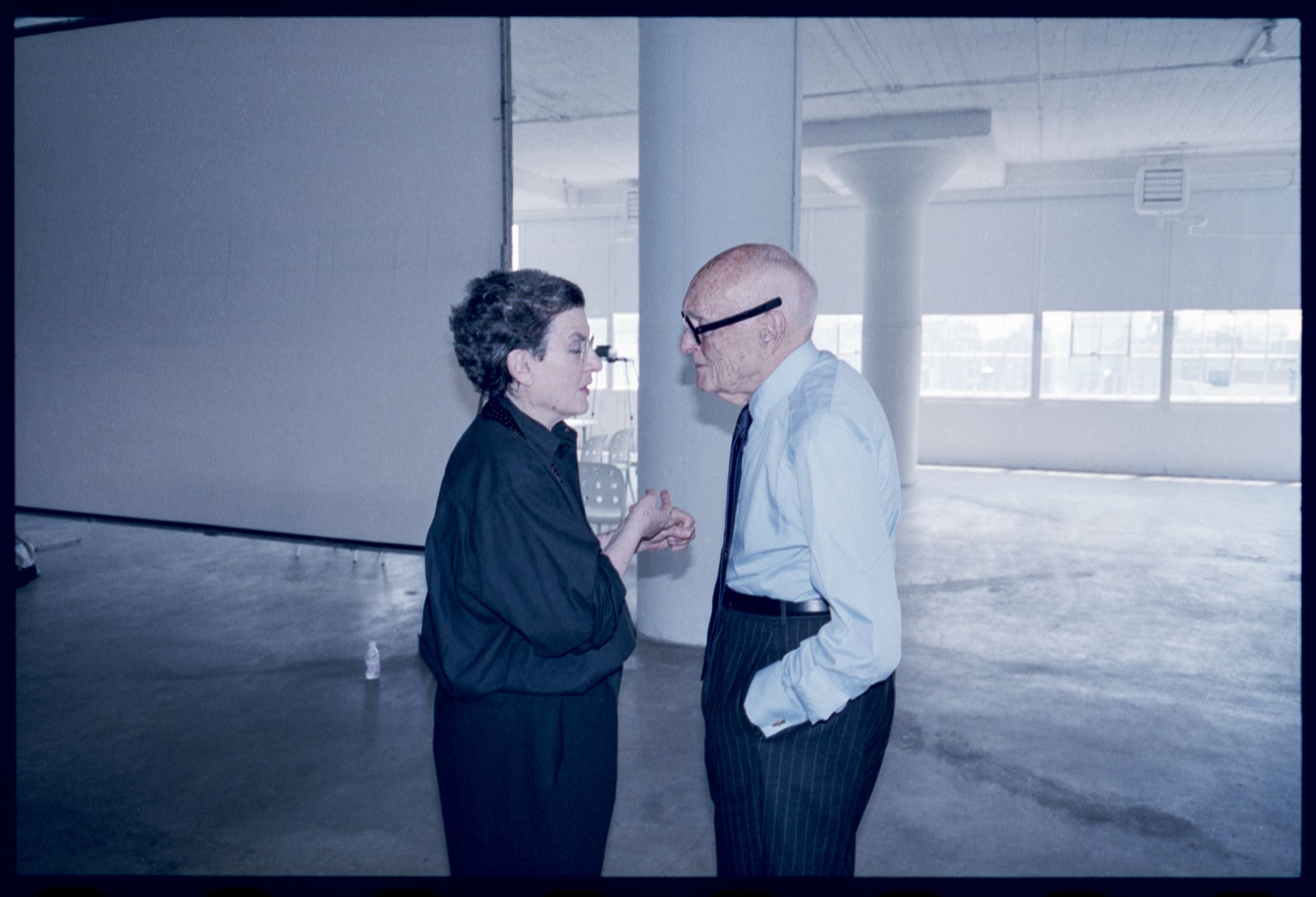In a world in crisis and with many wondering what architecture is good for, we must reflect on how the discipline claims to decide what is good. How do awards work, and what can they do to steer architectural practice?
When survival seems more about managing risks for clients than architectural quality, and with architectural media unstable and anxious in the new attention economy, it comes as no surprise that awards continue to proliferate. In this panicky scramble, the award givers and the receivers seem equally hungry for public recognition. But in the middle of publications and industry groups flinging bling, interesting things are also happening: newish, negative awards are being given, like the Carbuncle Cup, and new attitudes are emerging, like the 2019 Turner Prize finalists asking to share the prize equally.
Awards are a key part of architecture’s self-discipline. They are mechanisms of soft power, reward and erasure, ignorance and even punishment, and reading the history of architecture awards can be a detailed and revealing way of reading architecture history itself. Through the twentieth century, these certificates, gongs, fat cheques, and medallions have defined the canon through mysterious processes of selection that emerge as ceremonies reflected in the news, only to disappear again.
Currently, they’re given mostly for lifetime achievements or to specific projects, but, honestly, even the Oscars are more thorough. At least, by the end of that ceremony, almost every part of movie production has been honoured. This has never been the case in architecture, so let’s consider new kinds of awards and methodologies of merit. Perhaps we need awards for the most reused brick or the most valuable intern; for the bravest client or the smartest budget. Or we may need awards that are given only to temporary groups, to promising concepts, or to new laws. Maybe truly future-focused awards must plan their own obsolescence?
How to: reward and punish will survey and taxonomize the circus of contemporary architectural “meritocracy”, consider the origins and transformations of the most important awards and how they came to be that way, explore how awards reinforce structural inequalities through systems of selection and judgement, favouritism, and exclusion, and find different approaches to funding prizes, selecting and taming jurors, and other themes, which will be developed with the participants.
Following an open call, to which 56 applicants from twenty countries responded, we invited eight young architectural thinkers to join us in Montréal for an intense week of research, interviews, discussion, and analysis. The selected participants are: Anna Hentschel (Berlin, Germany), Emilienne Fernande Bodo (Munich, Germany), Shayari de Silva (Colombo, Sri Lanka), Francisco Moura Veiga (Basel, Switzerland), Tomà Berlanda (Cape Town, South Africa), Monica Hutton (Toronto, Canada), Ioana Lupascu (Rotterdam, The Netherlands), and Stephen Parnell (Newcastle, UK).
The workshop will open with a virtual event on Monday, 11 January 2021, and the exhausted participants will present their findings on Saturday, 30 January 2021.
How to is a series of intense annual residencies that bring small teams together at CCA to produce a new tool—which can be physical, digital, or somewhere in between—and rapidly begin to address a specific opportunity or need. For the 2018 workshop, please visit How to: not make an architecture magazine, and How to: disturb the public for the 2019 workshop.
How to: reward and punish is directed by Lev Bratishenko, Curator, Public, CCA, with writer and editor George Kafka.


